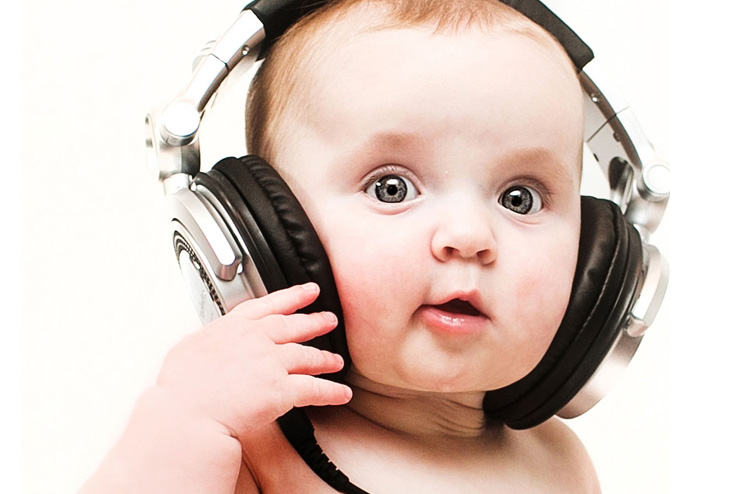 Source: bing.com
Source: bing.comTable of Contents
Introduction
As a new parent, you want to make sure that your baby is growing and developing at a healthy pace. One important aspect of your baby’s development is his or her hearing. From the moment your baby is born, his or her ears are working hard to process sounds and establish a connection to the world around them. In this article, we will explore the stages of baby hearing development, what you can expect at each stage, and how you can support your baby’s hearing development.
Stages of Baby Hearing Development
Stage 1: 0-3 monthsDuring the first few months of your baby’s life, your baby’s hearing is still developing. At this stage, your baby is able to detect sounds, but may not be able to differentiate between different sounds yet. Your baby may be easily startled by loud noises, and may turn his or her head towards sounds that are familiar.Stage 2: 4-6 monthsAs your baby grows and develops, his or her hearing also becomes more refined. At this stage, your baby can differentiate between different sounds, and may start to recognize your voice and other familiar sounds. Your baby may also start to babble and make his or her own sounds.Stage 3: 7-12 monthsBy the time your baby is 7-12 months old, he or she is starting to develop language skills. Your baby may start to say his or her first words, and may be able to understand simple instructions. Your baby’s hearing is now fully developed, and he or she can hear a wide range of sounds.
How to Support Your Baby’s Hearing Development
There are a number of things you can do to support your baby’s hearing development. Here are some tips:1. Talk to your babyOne of the best things you can do to support your baby’s hearing development is to talk to him or her. You don’t have to have a conversation – you can simply narrate your daily activities. This helps your baby become familiar with your voice and the sounds of your language.2. Play musicMusic is a great way to support your baby’s hearing development. You can play music that is specifically designed for babies, or you can play music that you enjoy. Just be sure to keep the volume at a safe level.3. Read to your babyReading to your baby is another great way to support his or her hearing development. This helps your baby become familiar with the sounds of your language, and also helps to develop his or her listening skills.4. Create a quiet environmentIt’s important to make sure that your baby is not exposed to loud noises for extended periods of time, as this can damage his or her hearing. Try to create a quiet environment for your baby, especially when he or she is sleeping.
Conclusion
Your baby’s hearing development is an important part of his or her overall growth and development. By understanding the stages of baby hearing development and how to support your baby’s hearing development, you can help your baby reach his or her full potential.Remember to talk to your baby, play music, read to him or her, and create a quiet environment. And if you have any concerns about your baby’s hearing, be sure to speak with your healthcare provider.
Frequently Asked Questions
Q: How can I tell if my baby is having trouble hearing?
A: Signs of hearing problems in babies include not responding to sounds, not turning his or her head towards sounds, and not developing language skills at the expected rate. If you have concerns about your baby’s hearing, speak with your healthcare provider.
Q: Can loud noises damage my baby’s hearing?
A: Yes, exposure to loud noises for extended periods of time can damage your baby’s hearing. Be sure to create a quiet environment for your baby, especially when he or she is sleeping.
Q: When should my baby have a hearing test?
A: Your baby should have a hearing test shortly after birth. If your baby’s hearing is normal, he or she may not need another test until later in childhood. If you have concerns about your baby’s hearing, speak with your healthcare provider.
Q: How can I tell if my baby is developing his or her language skills?
A: Signs that your baby is developing language skills include babbling, saying simple words like “mama” and “dada,” and understanding simple instructions. If you have concerns about your baby’s language development, speak with your healthcare provider.
Q: What should I do if I have concerns about my baby’s hearing?
A: If you have concerns about your baby’s hearing, speak with your healthcare provider. Your provider can perform a hearing test and help you develop a plan to support your baby’s hearing development.
Related video of Baby Hearing Development: A Guide for New Parents
https://youtube.com/watch?v=85GBPNvABQ8
